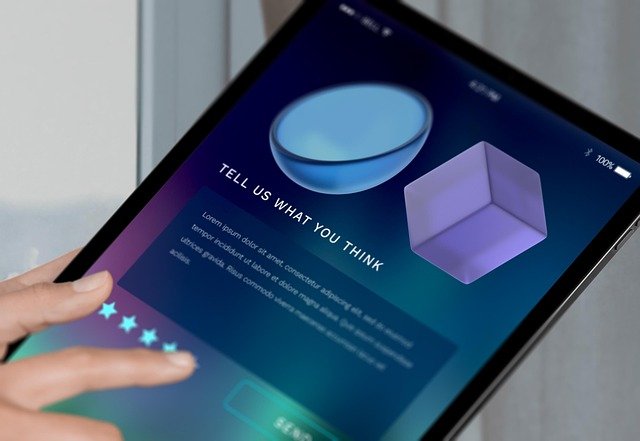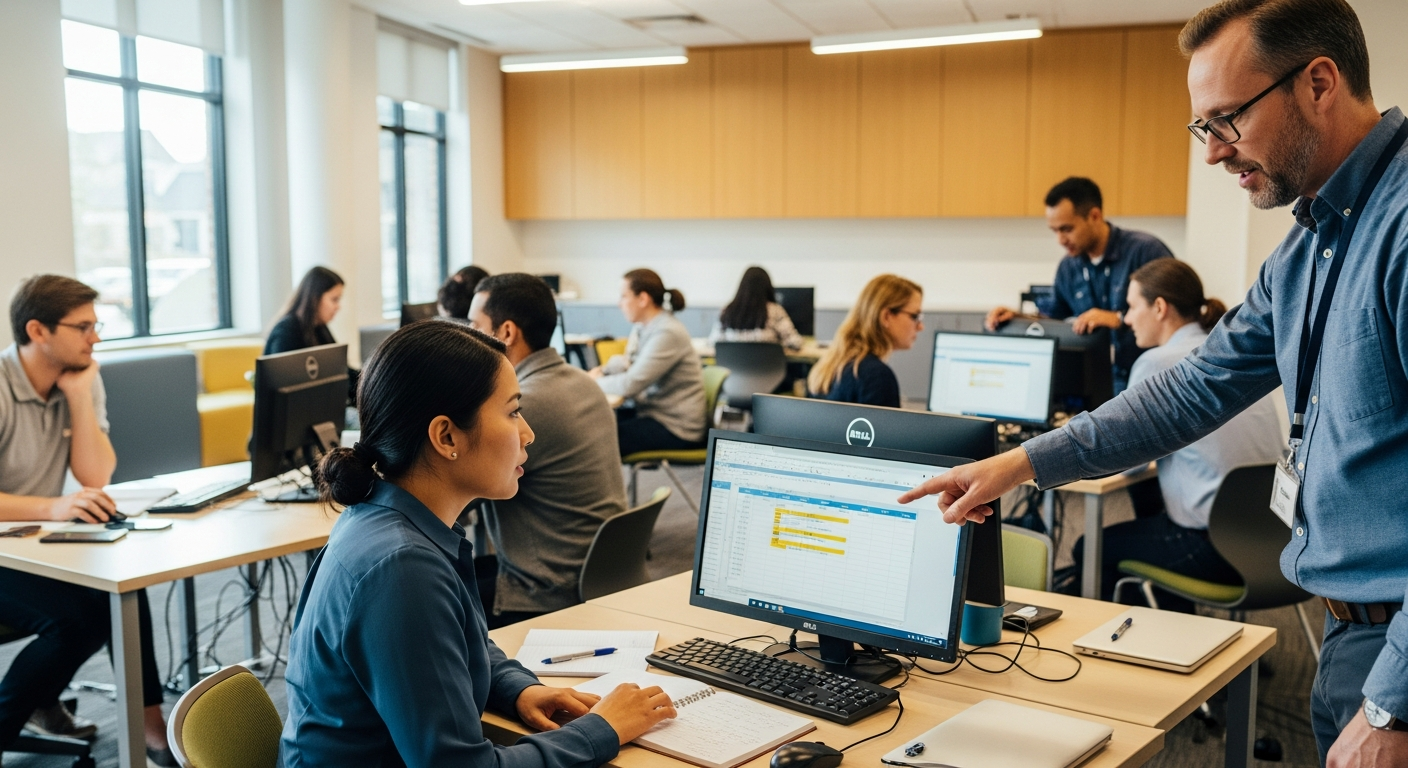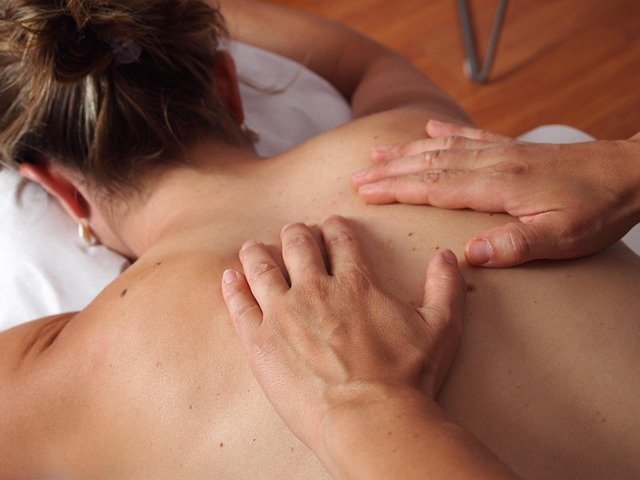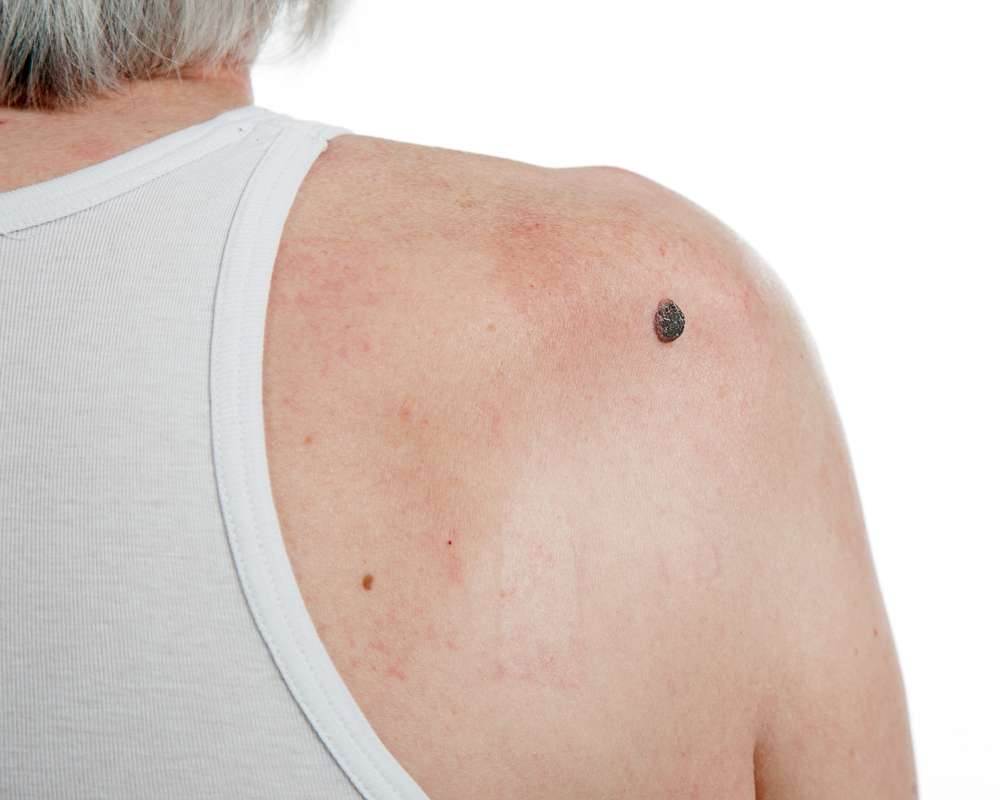Everything You Need To Know About Product Testing In 2025
Product testing has become an increasingly popular way for companies to gather valuable feedback on their offerings while providing consumers with exciting opportunities to try new items. As we look ahead to 2025, the landscape of product testing is evolving, offering even more diverse experiences for testers and enhanced insights for businesses. This comprehensive guide will explore the ins and outs of product testing, what you can expect as a tester, and how to get involved in this dynamic field.

What Kind of Products Can You Test?
The range of products available for testing in 2025 is vast and varied, spanning numerous industries and categories. Consumer electronics continue to be a popular testing area, with testers evaluating the latest smartphones, smart home devices, and wearable technology. Beauty and personal care products, including skincare, cosmetics, and grooming tools, also remain in high demand for testing.
Food and beverage companies frequently seek testers to sample new flavors, formulations, and packaging designs. Home goods, such as kitchen appliances, furniture, and decor items, are often part of testing programs. Additionally, the growing focus on sustainability has led to an increase in eco-friendly product testing, including reusable items and biodegradable alternatives to everyday products.
How to Apply for Product Testing Opportunities
Securing product testing opportunities in 2025 has become more streamlined, thanks to digital platforms and improved application processes. To start your journey as a product tester, consider the following steps:
-
Research reputable product testing companies and platforms that match your interests.
-
Create detailed profiles on these platforms, highlighting your demographics, interests, and any relevant expertise.
-
Regularly check for new testing opportunities and apply promptly, as slots can fill quickly.
-
Be prepared to answer screening questions honestly to ensure you’re a good fit for specific products.
-
Follow application instructions carefully, as attention to detail is crucial for selection.
Many companies now use AI-powered matching systems to connect testers with relevant products, making the application process more efficient and tailored to individual preferences.
What’s Expected from a Product Tester?
As a product tester in 2025, your role extends beyond simply trying out new items. Companies expect thorough and insightful feedback that can drive product improvements and marketing strategies. Key responsibilities typically include:
-
Using the product as instructed and for the specified duration.
-
Documenting your experience through detailed written feedback, photos, or videos.
-
Completing surveys or questionnaires about your impressions and usage patterns.
-
Participating in follow-up interviews or focus groups if requested.
-
Maintaining confidentiality about unreleased products, as specified in testing agreements.
-
Providing honest, constructive feedback, even if it’s negative.
Testers are often expected to have a keen eye for detail, strong communication skills, and the ability to articulate their experiences clearly and objectively.
How Much Can You Earn as a Product Tester?
Compensation for product testing can vary widely depending on the company, product type, and testing requirements. While some opportunities offer monetary compensation, others provide free products as the primary reward.
| Type of Testing | Typical Compensation Range | Additional Benefits |
|---|---|---|
| Consumer Electronics | $50 - $500 per test | Keep tested products |
| Beauty Products | $20 - $100 per test | Free samples |
| Food and Beverage | $10 - $50 per test | Product coupons |
| Home Goods | $25 - $200 per test | Occasional product retention |
| Eco-Friendly Products | $15 - $75 per test | Sustainable living tips |
Prices, rates, or cost estimates mentioned in this article are based on the latest available information but may change over time. Independent research is advised before making financial decisions.
It’s important to note that product testing should be viewed as a supplemental income source rather than a full-time occupation. The frequency of testing opportunities can be unpredictable, and selection for tests is not guaranteed.
How to Stand Out as a Product Tester
In the competitive world of product testing, standing out from the crowd can increase your chances of being selected for desirable opportunities. Consider these tips to enhance your profile:
-
Develop a niche expertise in specific product categories.
-
Maintain an active online presence, showcasing your ability to provide thoughtful reviews.
-
Build a portfolio of past testing experiences, if permitted by previous agreements.
-
Stay up-to-date with industry trends and consumer preferences.
-
Demonstrate reliability by consistently meeting deadlines and following instructions.
Companies value testers who can provide insights that go beyond surface-level observations, so cultivating analytical skills and market awareness can set you apart.
The Future of Product Testing
As we approach 2025, product testing is becoming increasingly sophisticated. Virtual and augmented reality technologies are being integrated into testing processes, allowing for immersive product experiences even before physical prototypes are available. Sustainability considerations are playing a larger role, with companies seeking feedback on eco-friendly packaging and product lifecycles.
The rise of AI and machine learning is also impacting product testing, with advanced analytics helping companies derive deeper insights from tester feedback. This technological integration is creating new opportunities for tech-savvy testers who can navigate these tools effectively.
Product testing in 2025 offers an exciting blend of consumer engagement, market research, and technological advancement. Whether you’re looking to try new products, earn extra income, or contribute to product development, understanding the landscape of product testing can help you make the most of these opportunities. By staying informed, building your skills, and approaching testing with professionalism and enthusiasm, you can become a valuable asset in the ever-evolving world of product development and consumer insights.




